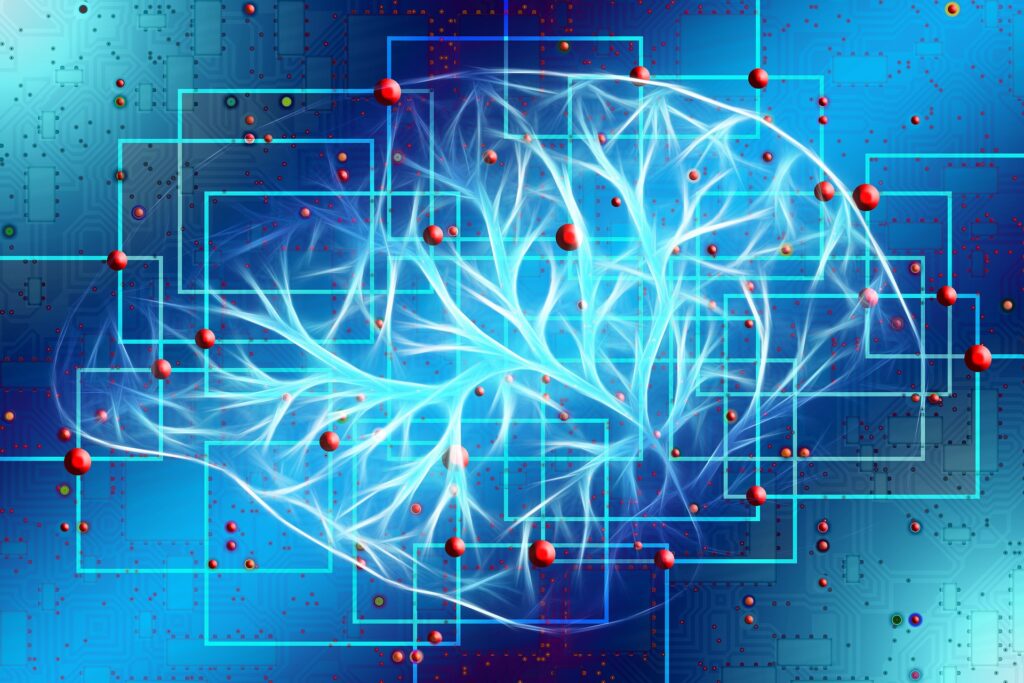
Artificial intelligence (AI) is rapidly advancing in many areas, including healthcare. AI has the potential to transform the way we approach healthcare by providing more accurate diagnoses, more personalized treatments, and better disease prevention.
One of the key areas where AI is being used in healthcare is in medical imaging. AI algorithms can analyze medical images such as X-rays, CT scans, and MRI scans to identify patterns and abnormalities that may be difficult for human radiologists to detect. This can help improve the accuracy and speed of diagnoses, leading to better patient outcomes.
AI is also being used to develop more personalized treatments. By analyzing large amounts of patient data, including medical histories, genetic information, and lifestyle factors, AI algorithms can identify patterns and develop personalized treatment plans tailored to each individual patient.
Another area where AI is being applied in healthcare is in disease prevention. By analyzing data from wearable devices such as fitness trackers and smartwatches, AI algorithms can identify patterns and alert patients and healthcare providers to potential health risks. This can help prevent diseases before they become more serious and require more intensive treatment.
However, there are also challenges to the widespread adoption of AI in healthcare. One of the primary concerns is the potential for bias in AI algorithms, which could lead to disparities in healthcare outcomes for different populations. It is important that AI algorithms are developed and tested in a way that ensures fairness and transparency.
In addition, there are concerns around data privacy and security. As more patient data is collected and analyzed by AI algorithms, it is important that appropriate measures are taken to protect patient privacy and ensure the security of sensitive medical data.
In conclusion, AI has the potential to revolutionize the way we approach healthcare by providing more accurate diagnoses, more personalized treatments, and better disease prevention. While there are challenges to the widespread adoption of AI in healthcare, with careful development and implementation, AI has the potential to improve healthcare outcomes for patients around the world.